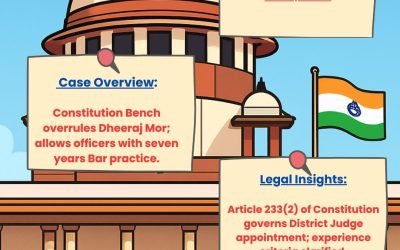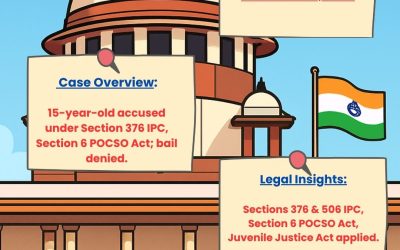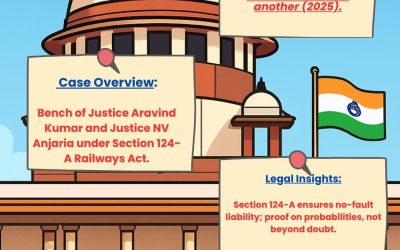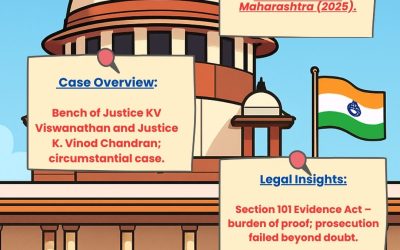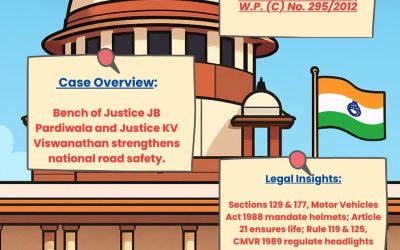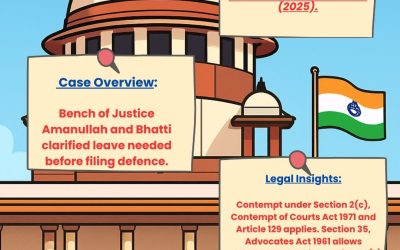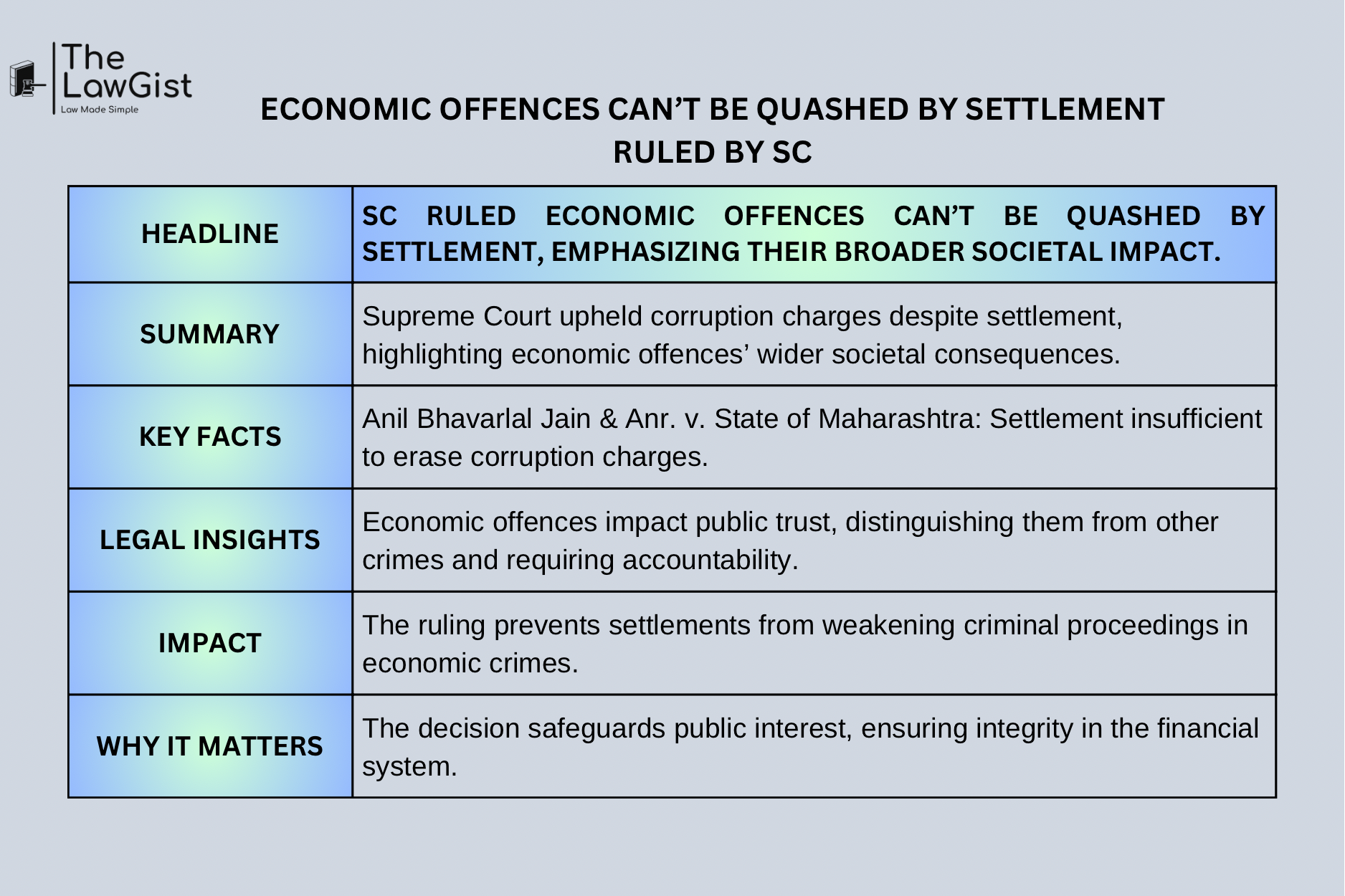
Headline
The Supreme Court of India upheld the case of corruption stating the different nature of economic offences.
Summary
The Supreme Court of India dismissed a plea to quash the charges of corruption despite a settlement between the accused and the bank, stressing the larger societal impact of economic offences.
Key Facts
- Case Name: Anil Bhavarlal Jain & Anr. v. State of Maharashtra & Ors.
- B. Varale
- The directors of M/s Sun Infrastructure Pvt. Ltd., were accused of fund diversion, fraudulent valuation of collateral, and uneven loan repayment, resulting in a loss of ₹6.13 crores to SBI.
- A settlement recorded at the Debt Recovery Tribunal (DRT) was deemed inadequate to erase offences under the Prevention of Corruption Act.
Legal Insights
The Supreme Court of India shows that economic offences are different from other crimes due to their larger consequences in public trust and financial health. It referenced the case of Parbatbhai Aahir v. State of Gujarat to show the impact on society of such offences.
Impact
The ruling focuses on the accountability for economic crimes, controlling settlements from undermining criminal proceedings.
Why It Matters
This decision shows the commitment of the judiciary in safeguarding public interest and maintaining the integrity of the financial system.
Source


